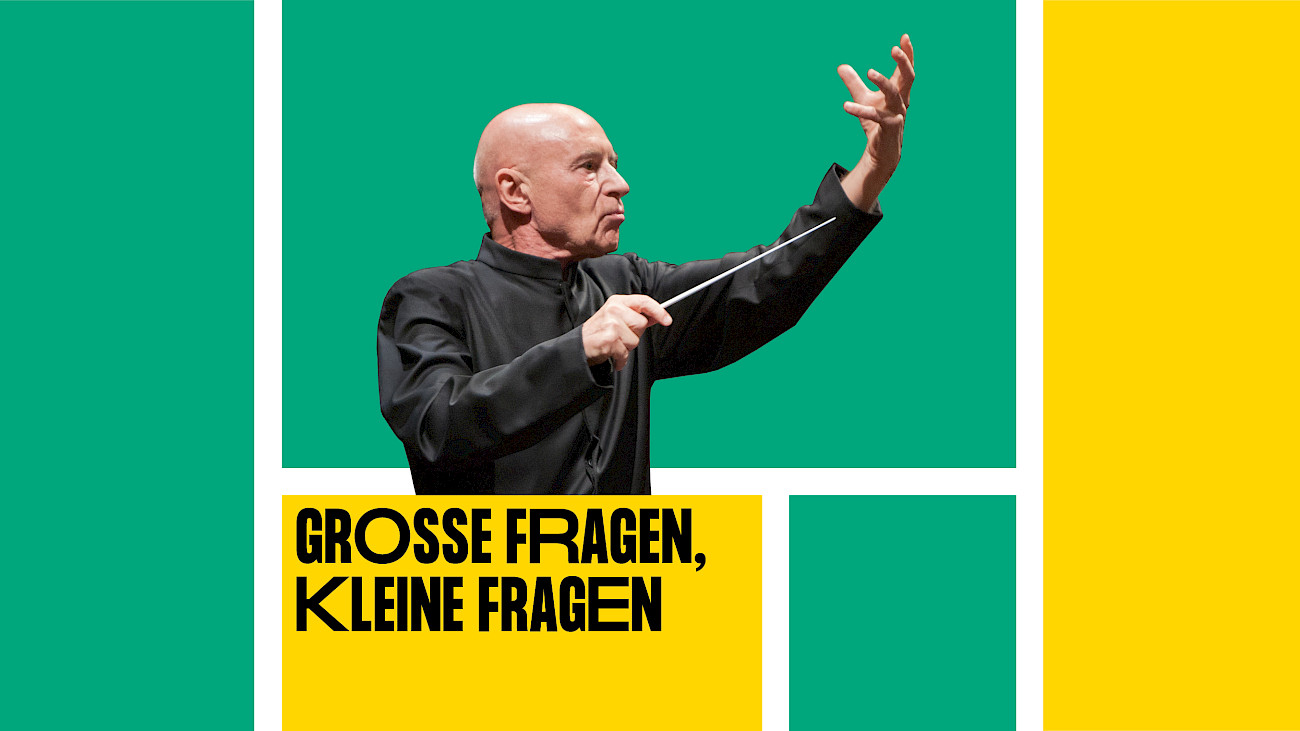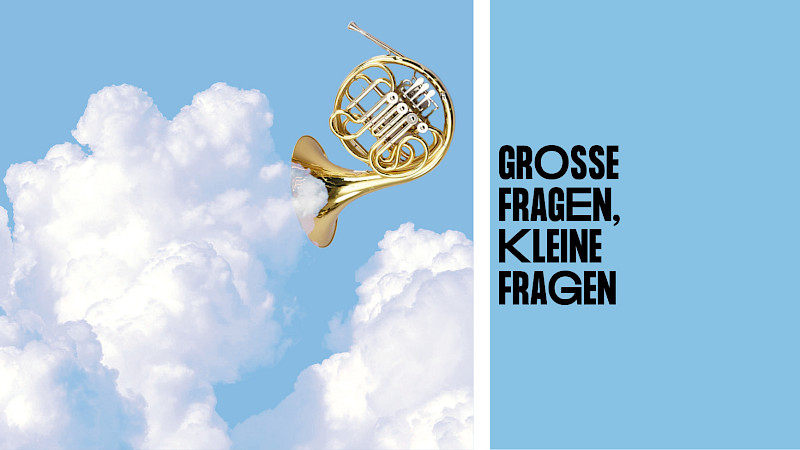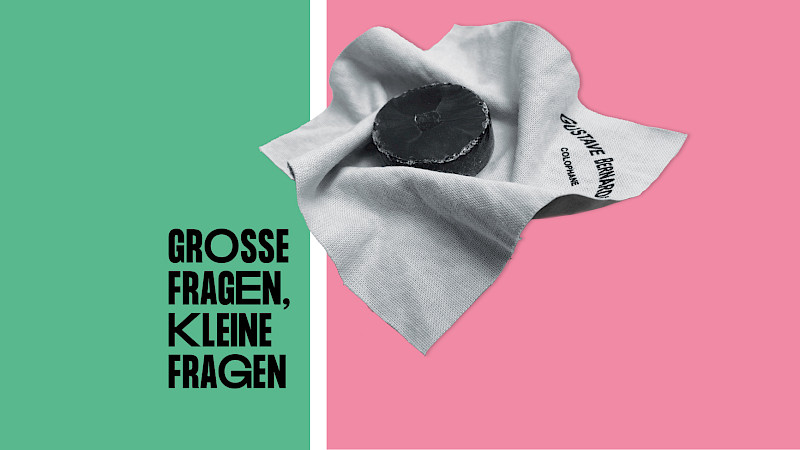
Who Celebrates his 80th Birthday at 83?
Christoph Eschenbach, once chief conductor of the Tonhalle-Orchester Zürich, returns for two concerts.
He is very happy to be here again, said conductor Christoph Eschenbach at the beginning of his first rehearsal in the large Tonhalle hall: «It's nice to get to know the new musicians now. After all, that's almost all of them by now.»
Indeed: Christoph Eschenbach, chief conductor of the Tonhalle-Orchester Zürich from 1982 to 1986, is the longest-serving person in this hall for one week. Of today's line-up, only clarinettist Michael Reid has seen the last months of his tenure.
Eschenbach himself was 42 when he came to Zurich. Those were turbulent times; Gerd Albrecht's contract had not been renewed at the orchestra's request, Eschenbach was initially to fill the gap as Principal Permanent Guest Conductor; but after a few months he was promoted to Principal Conductor.
Principal Conductor and Chamber Musician
The choice was a courageous one, for until then Eschenbach had been celebrated primarily as a pianist. in 1965, he had won the Clara Haskil Competition in Lucerne, which was the beginning of an illustrious career that took him repeatedly to the Tonhalle Zurich. in 1972 he made his debut as a conductor in Hamburg, and in 1979 he took up his first position as principal conductor in Ludwigsburg. Zurich was his second station.
The press reported wait-and-see at the time. His performances so far had «not disappointed», the NZZ wrote; «above all, the ensemble under his leadership is currently excelling». That was not a matter of course; the mood in the orchestra had been testy because of a long-standing legal dispute about the evaluation of concerts on the radio; the musicians felt exploited and, according to the NZZ, reacted «unfavourably to any conductor who speaks an ill-considered word in the heat of artistic work, from Klemperer to Kempe to Gerd Albrecht».
It was undoubtedly helpful that Christoph Eschenbach came not only as a conductor. As a pianist, he also played chamber music with orchestral musicians (including Michael Reid, as he still remembers today). And when he conducted Mozart piano concertos from the piano, he was not on a par with the orchestra – but also quite ahead of his time.
The fact that Eschenbach knew how to calm the heated atmosphere was soon acknowledged as a great merit. Nevertheless, those were not easy years. The separation of the orchestras in 1985, when the Tonhalle- und Theater-Orchester, which had previously been organised in two formations, was divided into two independent orchestras, caused complications. And as much as the local audience cheered the pianist Christoph Eschenbach: as a conductor who had many experiences for the first time, he was not without controversy, especially in the media. in 1986 he resigned because of «growing international commitments» and the «increasingly difficult artistic working conditions».
Celebrating with «his» orchestras
Later, he was in Zurich again and again, conducting the Tonhalle-Orchester Zürich for the last time in 1995. Later on, Eschenbach became principal conductor of the NDR Symphony Orchestra, the Philadelphia Orchestra, the Orchestre de Paris and the National Symphony Orchestra in Washington.
He would have wanted to return to all of these orchestras on the occasion of his 80th birthday. Because of Corona, it took a little longer – but now, at the age of 83, he will make up for his birthday concert with the Tonhalle-Orchester Zürich. The programme includes two works by Brahms, who also once conducted in this hall and was therefore «a role model» for Eschenbach during his time in Zurich, «full of mystery and full of inspiration», as he once wrote. In addition, there is Elgar's Cello Concerto with Gautier Capuçon, who was still a baby when Eschenbach came to Zurich.
Much has changed since then, but some things have remained the same. After the first rehearsal, Eschenbach raves about the renovated hall, «the colours are wonderful». And musically, too, he is absolutely happy: «The orchestra is in top form. And it still has the warm sound of yesteryear.» Quality perpetuates itself, «the older ones pass on their experience to the younger ones». Even though almost all the musicians are new: For Christoph Eschenbach, this concert is still a bit like coming home.
Translated with DeepL.com





